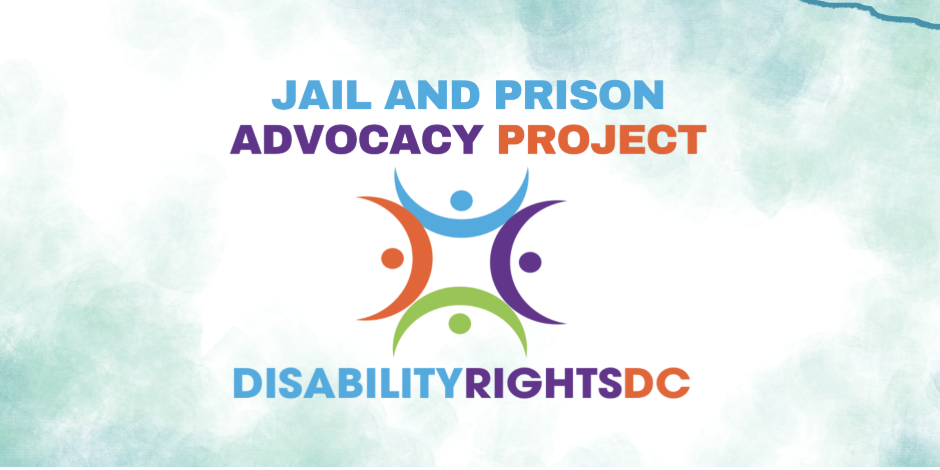Last month, in comments written by Managing Attorney Lyndsay Niles, DRDC responded to proposed DC Housing Authority (DCHA) regulations that harm people with disabilities in the District. The regulations, which are currently in effect, make it harder for nursing facility residents and other people with disabilities to access public housing and participate in DC’s Housing Choice Voucher Program (HCVP). (See DRDC’s full comments on the public housing program and HCVP).
Federal disability law, including the Americans with Disabilities Act (ADA), the Rehabilitation Act, and the Supreme Court’s decision in Olmstead v. L.C., establish the right of people with disabilities to live and receive care in the most integrated setting appropriate to their needs. Affordable and accessible housing that allows people to live in their communities is very important to accomplishing the goals of Olmstead. DHCA’s public housing and voucher programs are two key examples of affordable housing in the District. From 2018 to 2020, 23.1% of people transitioning from nursing facilities to their communities returned to DCHA public housing. Similarly, in the same time frame, 30.6% of people who transitioned away from nursing facilities did so using a voucher.
DCHA’s proposed regulations restrict people with disabilities’ access to affordable housing and are contrary to Olmstead. For example, the regulations remove all local preferences for people with disabilities and unhoused people, among other groups, from both programs’ waitlists. In the past, the voucher program’s waitlist gave the highest priority to nursing facility residents because it considered them to be unhoused as well as having a disability. This preference aligns with Olmstead’s goals, as it helps institutionalized individuals quickly transition to their communities. Current policies, on the other hand, solely select waitlisted applicants based on the date and time of their application and on a lottery system. In its comments, DRDC recommended that DCHA maintain all local preferences, including those for disability and homelessness. For example, when a public housing unit that meets Uniform Federal Accessibility Standards (AFAS) becomes available, DCHA should specifically look for waitlisted tenants and applicants who have indicated that they have mobility disabilities. These preferences would not only support Olmstead by allowing institutionalized people to move to their communities more quickly but also ensure that UFAS units are leased to people who need their accessible features.
The policies for both programs also overlook the fact that transitioning from institutions back to the community requires transition assistance to obtain in-home Medicaid long-term care services. The public housing and voucher programs only allow people to be absent from their homes for 60 and 120 days, respectively, before they are considered “permanently absent.” This is not enough time for people to obtain the transition assistance they need to set up the support services that they need to live in the community. The new policies also complicate people’s ability to gain approval for a live-in aide, which is a necessary support for many people making this transition. Under the new voucher regulations, individuals would need to submit a written request and written confirmation of their disability to be approved for a live-in aide. These unnecessary burdens do not match federal guidelines, which allow voucher recipients to request accommodations orally or in writing and only require verifications of disability on a case-by-case basis. Other burdens include policies that prohibit live-in aides from moving in with individuals pending DCHA approval and require frequent re-evaluations of individuals’ approval for a live-in aide. Therefore, these policies make it harder for people to leave institutions and remain in the community, ultimately, compromising their Olmstead rights.
DCHA has also taken steps to purge its programs’ waiting lists through policies that will disproportionately affect people with disabilities. For instance, individuals waitlisted for either program will be removed from the waitlist if they fail to respond to DCHA requests for updated information on their applications. Public housing applicants and HVCP applicants have 30 and 15 days, respectively, to respond to these requests before they are removed from the waiting list. This is often not enough time for people with disabilities and people residing in institutions.
Addressing these policy issues is a pressing matter. DCHA inappropriately published these policies as emergency regulations. This allowed DCHA to implement these harmful practices effective immediately, without the input of District residents and DC-based organizations advocating for affordable housing. DCHA has yet to respond to our concerns, but we will report any updates in our upcoming newsletters.
.png)





